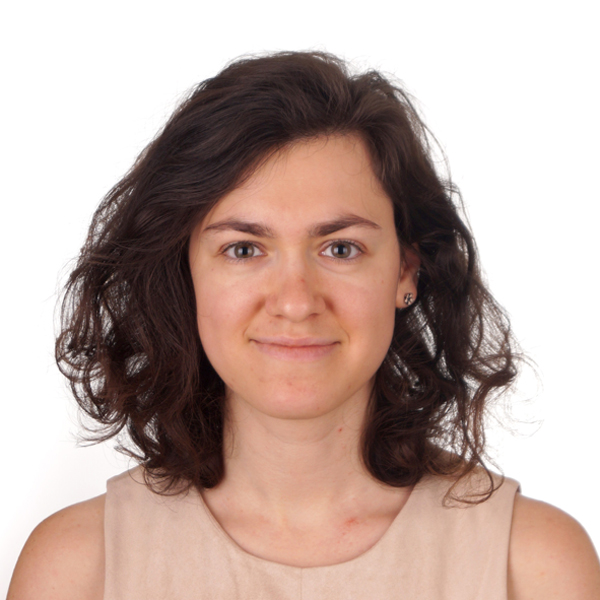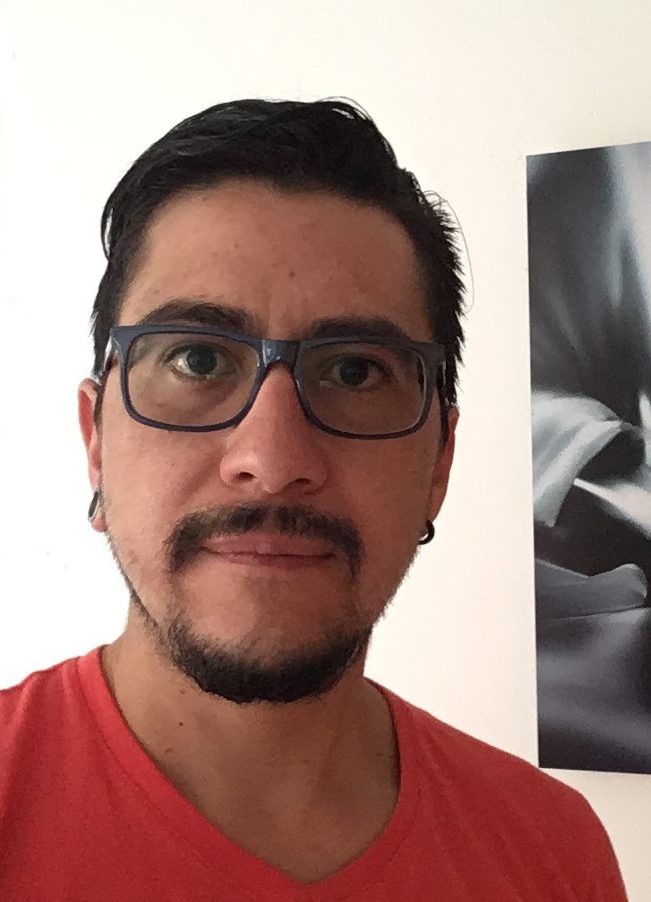2019 ICNC Research Fellows
In 2019, ICNC received several applications from Ph.D. candidates and Junior Faculty to become Research Fellows. The goal of the fellowship is to assist awardees in expanding their analytical and methodological focus, empirical and field data collection, quantitative, case-based and network analyses in the area of civil resistance studies.
The 2019 ICNC Research Fellows are:
Masha Shynkarenko
 Bio:
Bio:
Masha Shynkarenko is a PhD Candidate of Politics at The New School for Social Research. She currently works on her dissertation project related to the nonviolent civil resistance of the Crimean Tatar people in Ukraine. Prior to her fieldwork, Masha has been teaching Political Theory at St. John’s University, NY and held several TA and RA positions at The New School. She also worked as a Project Coordinator at the Transregional Center for Democratic Studies.
Title: Toward Nonviolent Subject: The Crimean Tatar National Movement, 1950-Present
Abstract:
Shynkarenko’s dissertation seeks to re-conceptualize nonviolence as both a form of resistance and identity by examining its role in the Crimean Tatars’ political movements from 1950 to the present—a movement which spans across three states (the USSR, Ukraine, and Russia). To this end, this research focuses on the various ways self-determination and mobilization efforts have been influenced by: (i) different historical and political narratives, as well as (ii) myths of indigeneity, statehood, and the homeland. Specifically, this research will review the way in which these emotionally charged themes inform Crimean Tatars’ decisions to pursue nonviolent forms of resistance and self-organization. Their long-lasting tradition of nonviolent struggle for self-determination, as well as its various transformations, provides many insights for understanding their contemporary struggle against Russia and its occupation of Crimea.
Alfonso Poncho Hernandez

Bio:
Alfonso Poncho Hernández, a Mexico’s City based activist, community organizer, philosopher and anthropologist, with more than 10 years of work with nonviolence and peacebuilding. An experienced trainer and conferencist, he has delivered workshops, seminars and conferences in several universities in Mexico, and in countries like India, Brazil, Colombia, Ecuador, Honduras, and the USA. His academic work has been focused on the research about the use of arts on the social responses to violence, civil resistance and creative social movements in Latin America, and peacebuilding through cultural practices in communities with high levels of violence in Mexico.
Title: Cultural Practices and the Social Response to Violence in Mexico: An Anthropological Study of Resilience and Social Agency through Counter-Discursive Arts
Abstract:
This research documents and analyzes the creative strategies displayed by feminist movement in Mexico in the last 7 years. It explores the concepts of symbolic activism, innovation and performativity, to understand the political actions against gender violence and the power of symbols in civil disobedience. This work looks at the new feminism boom in Latín America by the study of the recent history but also by the voice of its agents: the new feminist artists and activists.